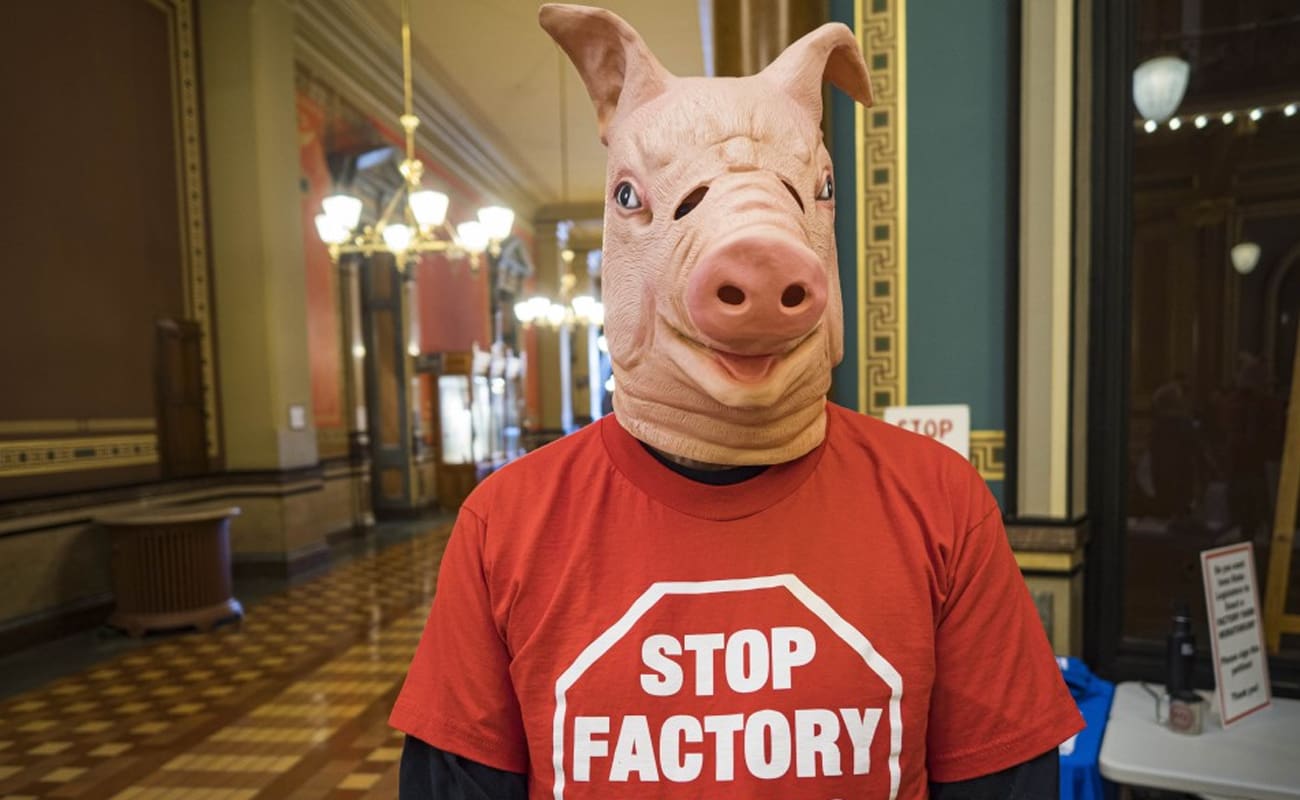Education is a powerful driver of cultural evolution and systemic change. In the context of animal ethics, environmental responsibility, and social justice, this category examines how education equips individuals with the knowledge and critical awareness necessary to challenge entrenched norms and take meaningful action. Whether through school curricula, grassroots outreach, or academic research, education helps shape the moral imagination of society and lays the foundation for a more compassionate world.
This section explores the transformative impact of education in revealing the often-hidden realities of industrial animal agriculture, speciesism, and the environmental consequences of our food systems. It highlights how access to accurate, inclusive, and ethically grounded information empowers people—especially youth—to question the status quo and to develop a deeper understanding of their role within complex global systems. Education becomes a bridge between awareness and accountability, offering a framework for ethical decision-making across generations.
Ultimately, education is not merely about transferring knowledge—it’s about cultivating empathy, responsibility, and the courage to envision alternatives. By fostering critical thinking and nurturing values rooted in justice and compassion, this category underscores the central role education plays in building an informed, empowered movement for lasting change—for animals, for people, and for the planet.
In this post, we will explore the impact of meat and dairy production on sustainable agriculture and the challenges faced by the industry in achieving sustainability. We will also discuss the importance of implementing sustainable practices in meat and dairy production and the role of consumers in promoting sustainable choices. Additionally, we will address environmental concerns associated with meat and dairy production and explore alternatives to traditional meat and dairy products. Finally, we will look at innovations in sustainable farming practices and the collaborations and partnerships necessary for a sustainable meat and dairy industry. Stay tuned for an insightful and informative discussion on this critical topic! The Impact of Meat and Dairy on Sustainable Agriculture Meat and dairy production have a significant impact on sustainable agriculture, as they require large amounts of land, water, and resources. The greenhouse gas emissions from the meat and dairy industry contribute to climate change …


























































